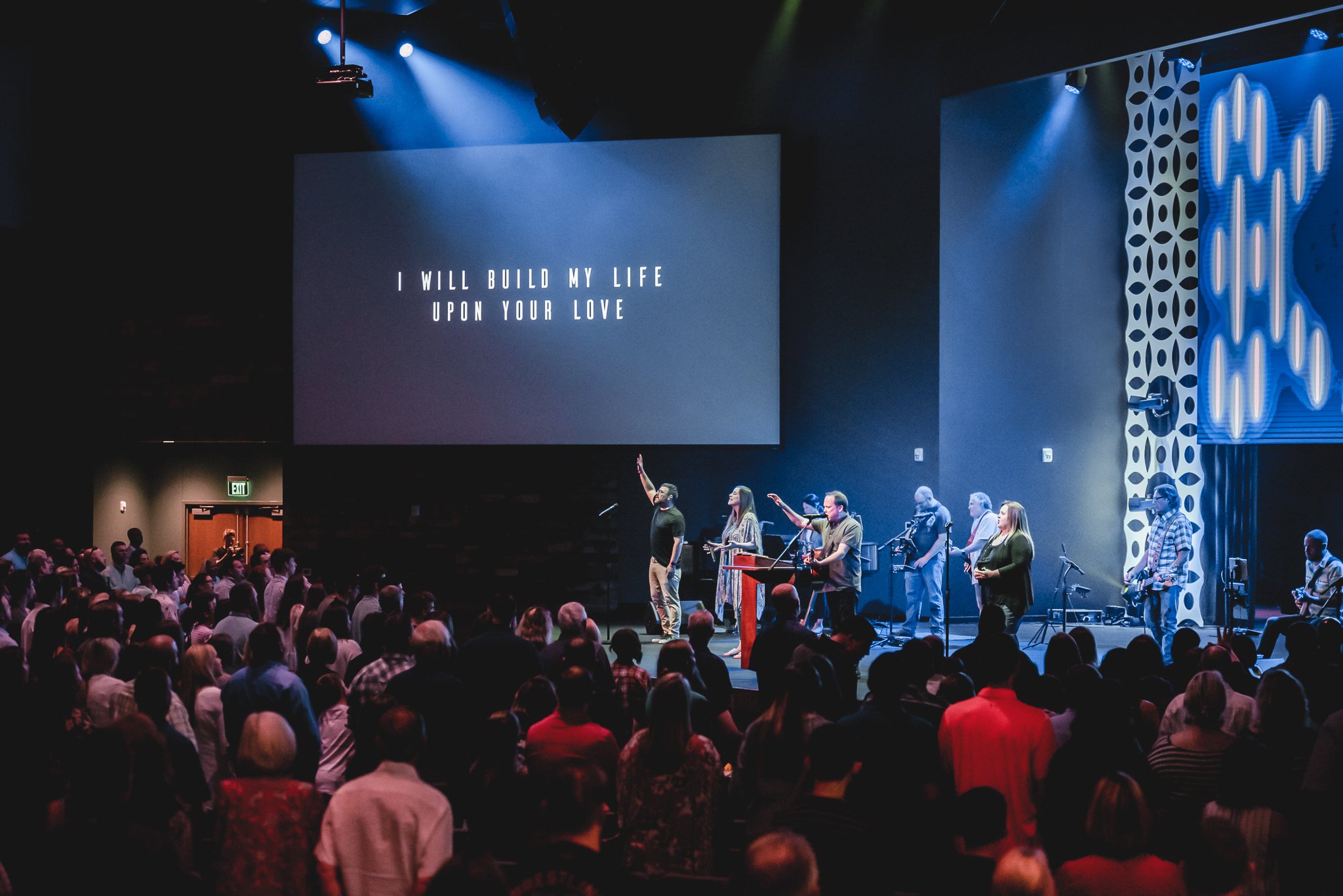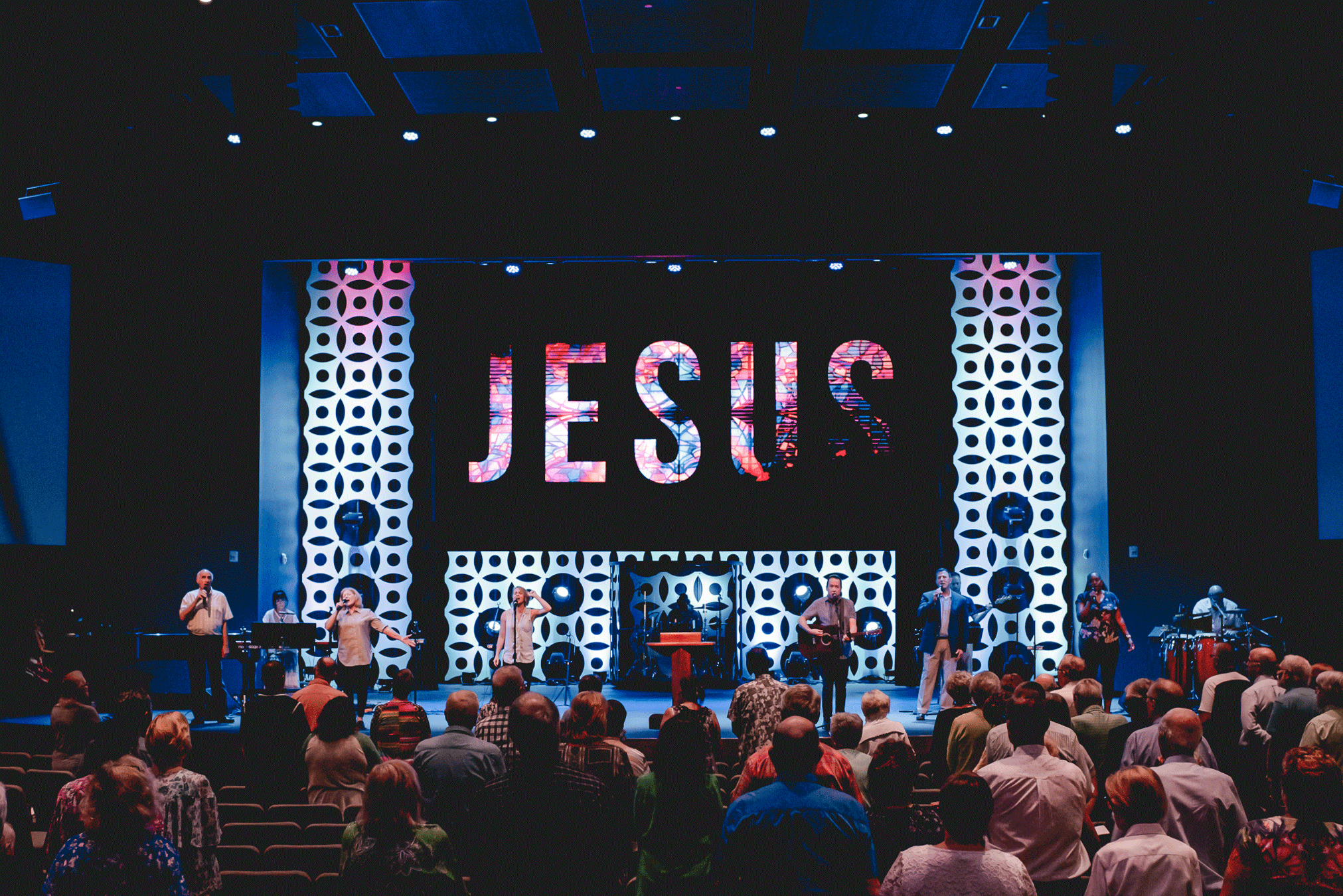1 min read
Not a Bigger System, a Smarter One
Let me tell you a quick story.A few years back, I got a call from a client—not happy. Their audio system wasn’t performing. “It just doesn’t sound...

Creating Multi-use Spaces for Ministry
For many, Sunday is “The Lord’s Day.” A time to rest, reflect, and worship. If you asked a group of school kids to play a game of word association with the word “Sunday”, we’d wager more than a few would answer “church.” But here’s the thing—there are seven days in a week.
So, how do you push your church beyond Sunday morning service?
As a pastor or church leader investing in your church, you’re making decisions that resonate with you and your congregation, making sure every word, note, and moment count. It’s not about having the flashiest setup; it’s about what works for you and your church’s unique needs. The same goes for multi-use spaces.
What if your church didn’t just show up on Sundays—but became a place that’s alive and active every day of the week? Think seven days, one mission.
We’ve seen a variety of multi-use spaces that push the boundaries of what a church can be. One example is the Theatre Church, designed for churches that want to host performances or large community events in the same weekend as their worship services. With fly-space, automated rigging, and flexible side stage areas, these setups make it easy to switch between worship services and events like concerts, plays, or even corporate functions from a Friday night show to worship on Sunday morning.
Another opportunity is the Studio Church, perfect for ministries that focus on media production. These spaces are built like sound stages, allowing for video shoots, interviews, and even full-scale productions. Some churches are even incorporating cutting-edge LED wall technology, not only for in-house use but also to rent out for external commercial shoots—creating a new revenue stream that allows for cutting-edge technology to be implemented in Sunday worship.
Then there’s the Restaurant Church concept, which merges dining spaces with worship areas. These spaces, equipped with full kitchens or food truck hookups, create a welcoming environment during the week and easily transition into a worship hall on weekends.
By opening your church up to the community for things like family events, gym activities, school fairs, or even mom and dad date night, you're doing more than just offering a venue—you’re breaking down the perceived barriers of what it means to "go to church." Instead of waiting for someone to walk through the front doors on a Sunday morning, ready to start their spiritual journey—
You're inviting them into God’s house through the side door—no pressure, no expectations.
Whether you're seizing an opportunity or responding to a need, the technology you choose should enhance the experience for everyone who walks through your doors, no matter the day of the week. Some questions to consider are: do you want the space to always feel like a place of ministry, or should it be more flexible depending on the event? Consider the staff you’ll need—can volunteers handle it, or will you need dedicated tech support? And don’t forget about the design itself—what message do you want your architecture to send, and what are the non-negotiables in how the space should function and feel?
At CSD, we understand the importance of designing spaces that work for your church’s unique vision. When you’re dreaming big, we facilitate your focus and help you ask the right questions, make smart decisions, and bring your vision to life.

1 min read
Let me tell you a quick story.A few years back, I got a call from a client—not happy. Their audio system wasn’t performing. “It just doesn’t sound...

It usually starts with a team who has a vision for live-streaming or image magnification. . They’ve heard of RED cameras. They’ve priced out PTZs....

1 min read
Why a Robust Network Is the Backbone of Every Modern AVL System We received a call from a church because their livestream had been glitching and they...